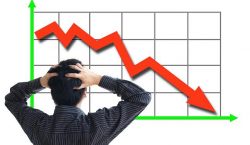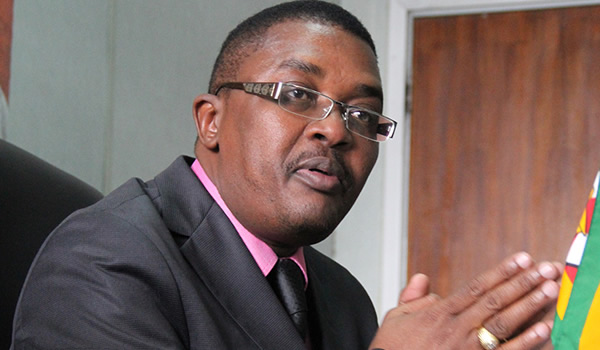


 THE coming into effect of a recent directive by the revenue collector to levy a 15 percent Value Added Tax on foreign visitors has dampened the spirits of players in the hospitality sector. The directive, which came into effect from January 1 has been criticised for being punitive and counter-productive to efforts aimed at increasing foreign visitors into the country.
THE coming into effect of a recent directive by the revenue collector to levy a 15 percent Value Added Tax on foreign visitors has dampened the spirits of players in the hospitality sector. The directive, which came into effect from January 1 has been criticised for being punitive and counter-productive to efforts aimed at increasing foreign visitors into the country.
Paul Matamisa, president of the Zimbabwe Council for Tourism, said the directive by the Zimbabwe Revenue Authority (ZIMRA) has created confusion in the sector. “Our members are not sure whether to pay (the tax). We need to interrogate this process for the betterment of the tourism sector. While everybody would want to see the issue of pricing being sorted out by the players in the tourism sector, government is sending wrong signals by putting more burdens on the tourism players,” said Matamisa.
A tour operator who spoke on condition of anonymity said overpricing was a result of service providers who incur high costs in license fees charged by regulatory authorities such as the Environmental Management Agency, the Civil Aviation Authority of Zimbabwe, ZIMRA, the Zimbabwe Revenue Authority, the Zimbabwe National Water Authority and power utility, ZESA Holdings.
“The recent 15 percent tax on foreign visitors is not going to help matters, in fact, we are scaring tourists from our country,” he said. Minister of Tourism and Hospitality Engineer Walter Mzembi admitted that the issue of pricing of local tourism products was cause for concern.
“Indeed our local pricing of tourism products has to be corrected. Why would a tourist choose to go on a holiday in an expensive destination? Tourists from all-over the world will rather go to destinations like Egypt where holiday packages are cheaper as little as US$350,” said the Tourism Minister.
He said government is still working on the issue and a task-force will soon be put in place with an objective of finding a solution to the pricing issue. One of the areas that need to be interrogated is the pricing of aviation fuel, which have remained high despite the decline in world prices of oil.
Tourism is one of the key economic drivers in Zimbabwe currently contributing 10 percent to the Gross Domestic Product.
The sector is expected to contribute 15 percent, generate over US$5 billion in the next five years from increased tourist’s arrival from 2, 5 million to 3, 2 this year, according to projections. Zimbabwe has a fairly developed tourism infrastructure with an abundant array of tourist facilities in place. However, new investments and re-investments have been long overdue in facilities that have suffered decline over the years.
With the projected increase in tourist arrival, there is need for more investment in accommodation particularly three to five stars hotels, luxury lodges and conference facilities in major cities of the country. According to the national tourism policy launched last year, the sector needs to enhance tourism enablers that will among them the embracing of collaborative efforts by other sectors of the economy to boost tourism arrival.
Recently, the issue of pricing of the tourism products in the country has been echoed with the private sector getting the backlashes of over pricing some of the products, such as accommodation, food and activities that are believed to be among the other pillars of the tourism sector.
A recent Zimbabwe Tourism Authority survey revealed that domestic tourism is on the decline as hotels and other service providers are charging exorbitant fees at a time most Zimbabweans are struggling to make ends meet, with some now finding South Africa a cheaper destination. – Stephen Tsoroti